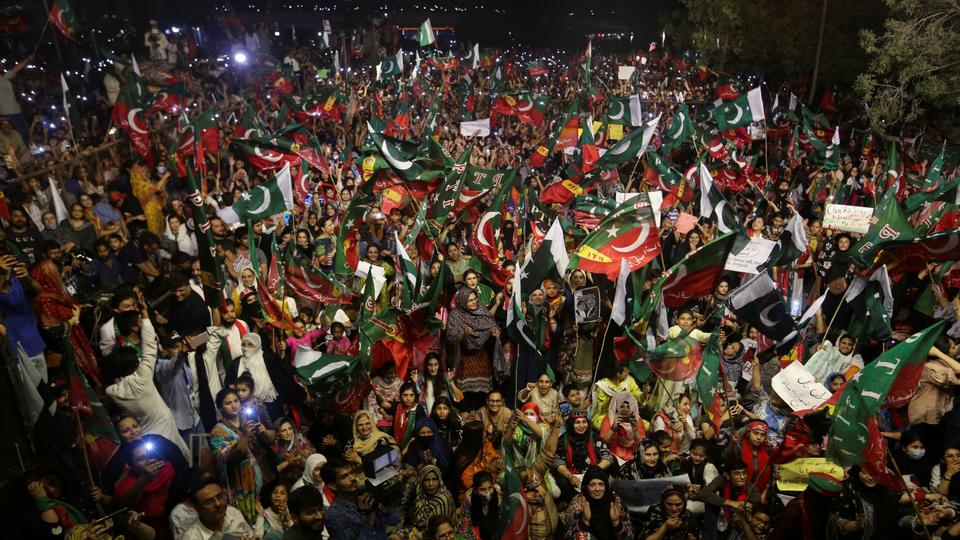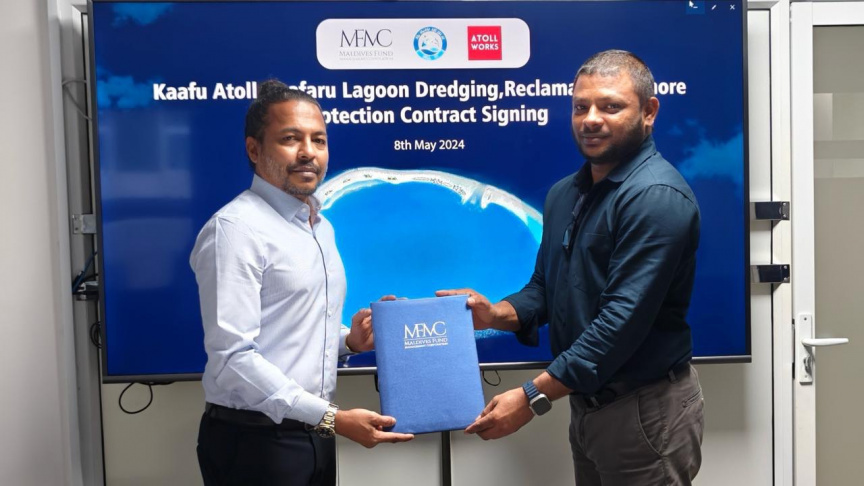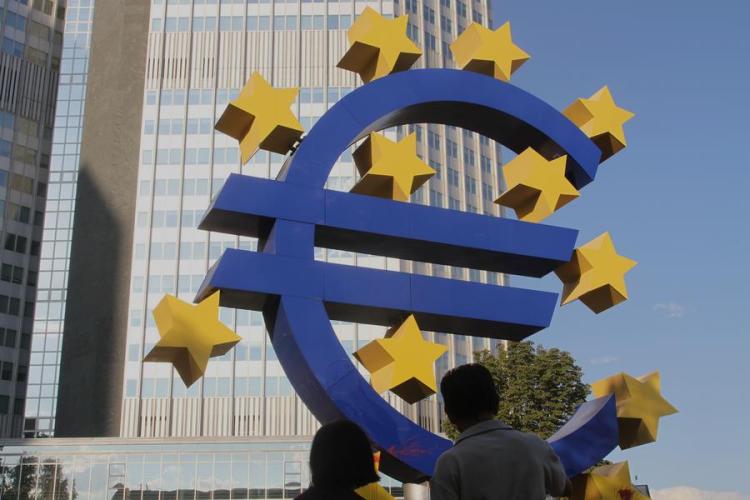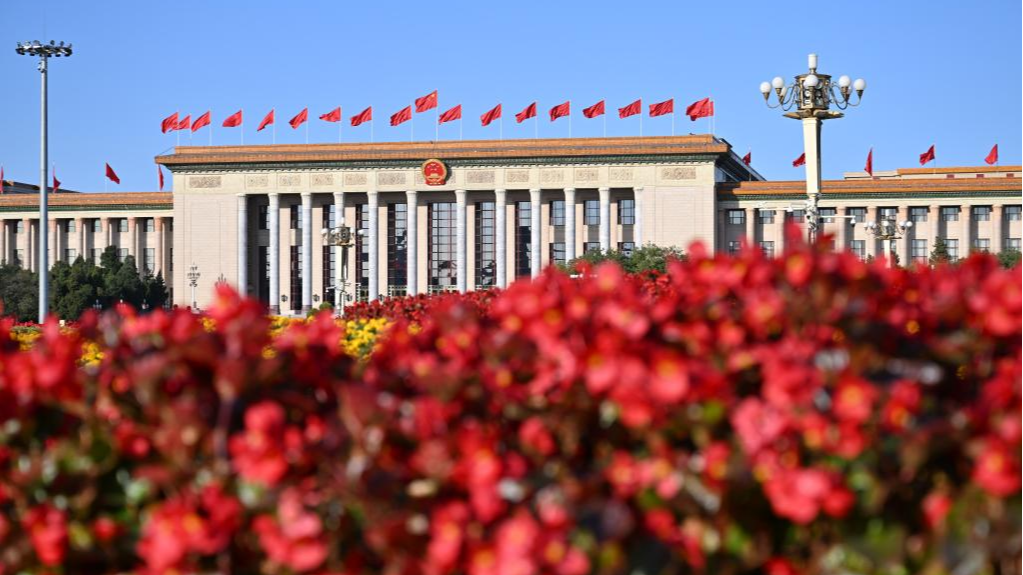Huge rallies held in cities across the South Asian country in favour of ex-premier and against “foreign interference”, a day after Khan’s removal in a parliamentary no-trust vote.
Tens of thousands of protesters have rallied across Pakistan while protests also took place in several countries in support of Imran Khan who was ousted in a parliamentary no-trust vote as prime minister even as the political opposition in South Asian country prepared to install Khan’s replacement.
Khan’s supporters marched in cities across Pakistan on Sunday, waving large party flags and vowing support. The youth, who make up the backbone of Khan’s supporters, dominated the crowds.
In the southern Arabian Sea port city of Karachi a massive crowd of Khan’s supporters shouted slogans promising Khan’s return to power.
“No to imported government” said one placard in Karachi as protesters chanted: “Any friend of America is traitor.”
In the capital of Islamabad, the lights from thousands of supporters lit up the night sky as Khan made his way through the crowd atop a brightly coloured truck.
“In a democratic system the final voice will be the voice of the people. And the voice is the people is Imran Khan,” said Ambareen Turk, a local party activist who joined protesters in Islamabad.
A large number of protesters including women and children turned up in northern Peshawar city in solidarity with the ousted prime minister, DAWN newspaper reported.
In eastern Lahore city, crowds chanted slogans against “foreign conspiracy” to overthrow an elected government of Pakistan, The Express Tribune said.
Hundreds of Khan’s supporters held protests in UK, Australia and UAE.
In London, demonstrators converged in Hyde Park and outside former PM Nawaz Sharif’s home and pledged to oppose any “imported” government.
Many protesters said they will not send back remittances until Khan was reinstated as prime minister, the Daily Mail reported.
Khan has called on his supporters to gather after the end of the daily dawn-to-dusk fast during the Muslim holy month of Ramadan.
Khan was brought down after a day of drama and often vitriolic remarks. His supporters accused the United States of orchestrating his ouster and his party walked out of Parliament shortly before the vote.
In the end, 174 lawmakers in the 342-seat Parliament voted to depose him, two more than the required simple majority.
Khan’s successor is to be elected and sworn in by Parliament on Monday.
The leading contender is Shahbaz Sharif, the brother of disgraced former PM Nawaz Sharif.
Shahbaz Sharif heads the largest party in a diverse alliance of opposition factions that span the spectrum from the left to religious. Khan’s nominee for prime minister will be his Foreign Minister Shah Mahmood Qureshi.
READ MORE: Sharif likely to become next Pakistan PM after Khan’s ouster
Khan’s ouster ‘backfired’
“Plan to oust Imran Khan has backfired. There are more and more public protests happening almost all over the country. The public reaction does show he enjoys widespread support,” Pakistani political analyst Javed Rana told TRT World.
“I think it will be very difficult for the new government to govern because Imran Khan is going to give them a very tough time. The new government will have to hold early elections.”
Khan’s ouster comes amid his cooling relations with the powerful military and an economy struggling with high inflation and a plummeting Pakistani rupee.
The opposition has charged Khan’s government with economic mismanagement and bungling foreign policy.
Khan has claimed the US worked behind the scenes to bring him down, purportedly because of Washington’s displeasure over his independent foreign policy choices, which often favour China and Russia.
He has occasionally defied America and stridently criticised America’s post 9/11 war on terror. Khan said America was deeply disturbed by his visit to Russia and his meeting with Russian President Vladimir Putin on February 24, the start of the assault in Ukraine.
“Pakistan became an independent state in 1947, but the freedom struggle begins again today against a foreign conspiracy of regime change. It is always the people of the country who defend their sovereignty and democracy,” the former premier said earlier on Sunday.
The US State Department has denied Khan’s allegations.
Elizabeth Threlkeld, a Pakistan expert at the US-based The Stimson Center, said that even as prime minister, Khan often played the role of opposition leader.
“His removal would see him to a role he knows well, armed with a narrative of victimhood from unfounded claims of international interference,” she said. “His base will remain loyal, though I expect both his controversial attempt to remain in power and reduced military backing will lose him less committed supporters.”
General elections are not scheduled before August 2023.
Even if the new prime minister favours early elections, this would likely not happen before October.
The Pakistan Election Commission, which oversees polls, told the Supreme Court last week it had still to finish re-aligning constituencies in line with the results of a 2017 census before polls could be held.
READ MORE: Pakistan parliament to pick new PM after Khan ousted in no-confidence vote
Praised for handling Covid
Khan has won international praise for his handling of the Covid pandemic opting for so-called “smart lockdowns” where outbreaks occurred rather than countrywide closures that helped protect some industries like the construction sector.
His reputation for fighting corruption has brought a record $21 billion in deposits from overseas Pakistanis.
But he has not been able to overcome an increasingly strained relationship with the army, which has ruled Pakistan directly for more than half its 75-year history and indirectly from the sidelines when civilian governments ruled.
Khan’s opponents say the army helped him win the 2018 elections after it had fallen out with Nawaz Sharif, who was convicted of corruption after being named in the so-called Panama Papers.
These papers are a collection of leaked secret financial documents showing how some of the world’s richest hide their money and involving a global law firm based in Panama.
Pakistan’s Supreme Court disqualified Sharif from holding office. He lives in London in self-imposed exile after being convicted in a Pakistani court of corruption. He was sentenced to 10 years in jail.
Fissures in Khan’s relationship with the army began last November after he squabbled with the powerful Army Chief General Qamar Javed Bajwa over the appointment of the new intelligence chief.
Last weekend, Bajwa appeared to distance himself from Khan’s anti-US attacks saying Pakistan wants good relations with Washington, its largest export trading partner and with China. He condemned Russia’s “invasion” of Ukraine.
READ MORE: Pakistan’s Lettergate: A political ploy or a real threat?
Source: TRTWorld and agencies

 News6 days ago
News6 days ago
 News6 days ago
News6 days ago
 Tech6 days ago
Tech6 days ago
 News7 days ago
News7 days ago
 News7 days ago
News7 days ago
 Business6 days ago
Business6 days ago
 News7 days ago
News7 days ago
 News3 days ago
News3 days ago



























